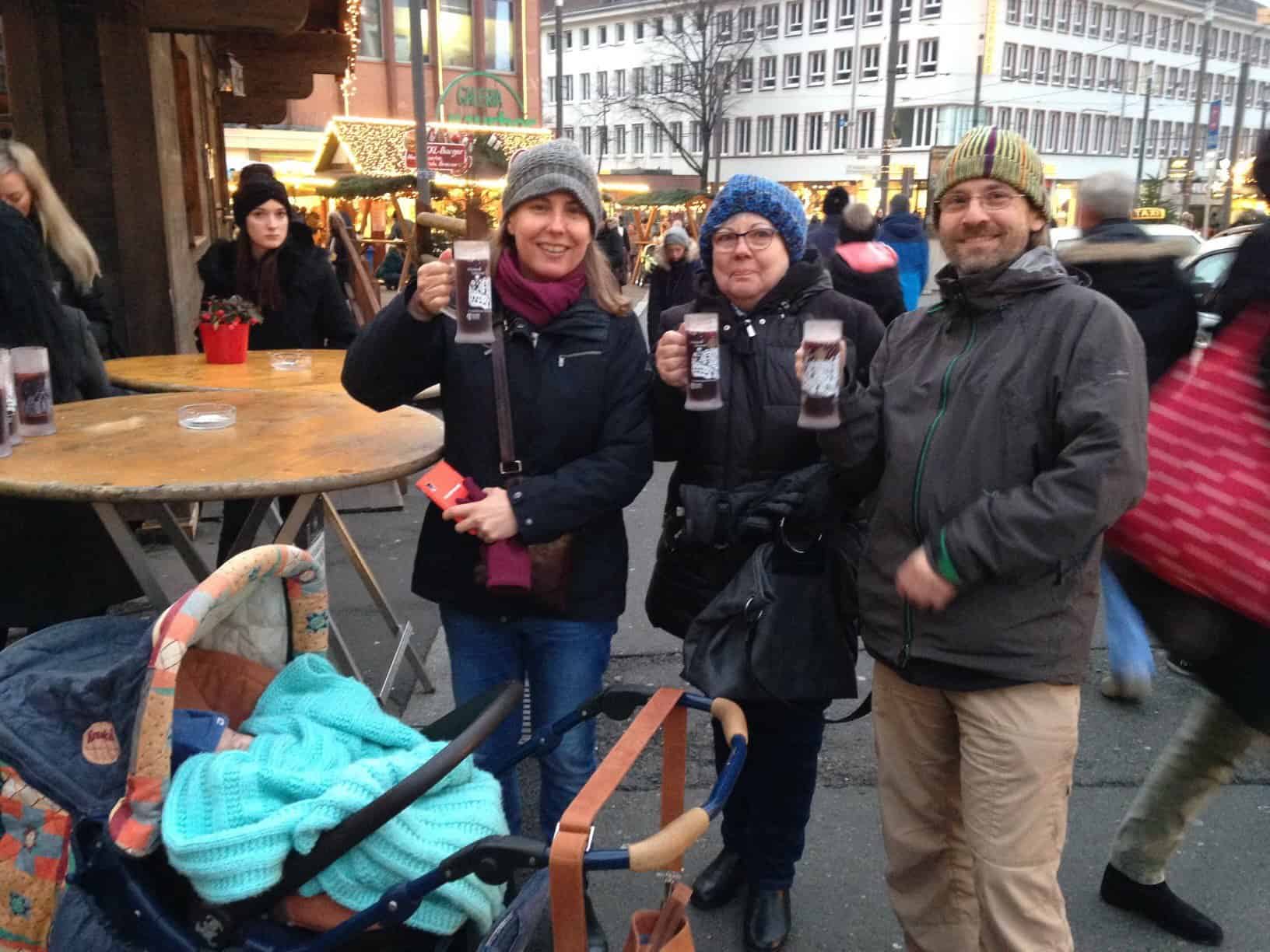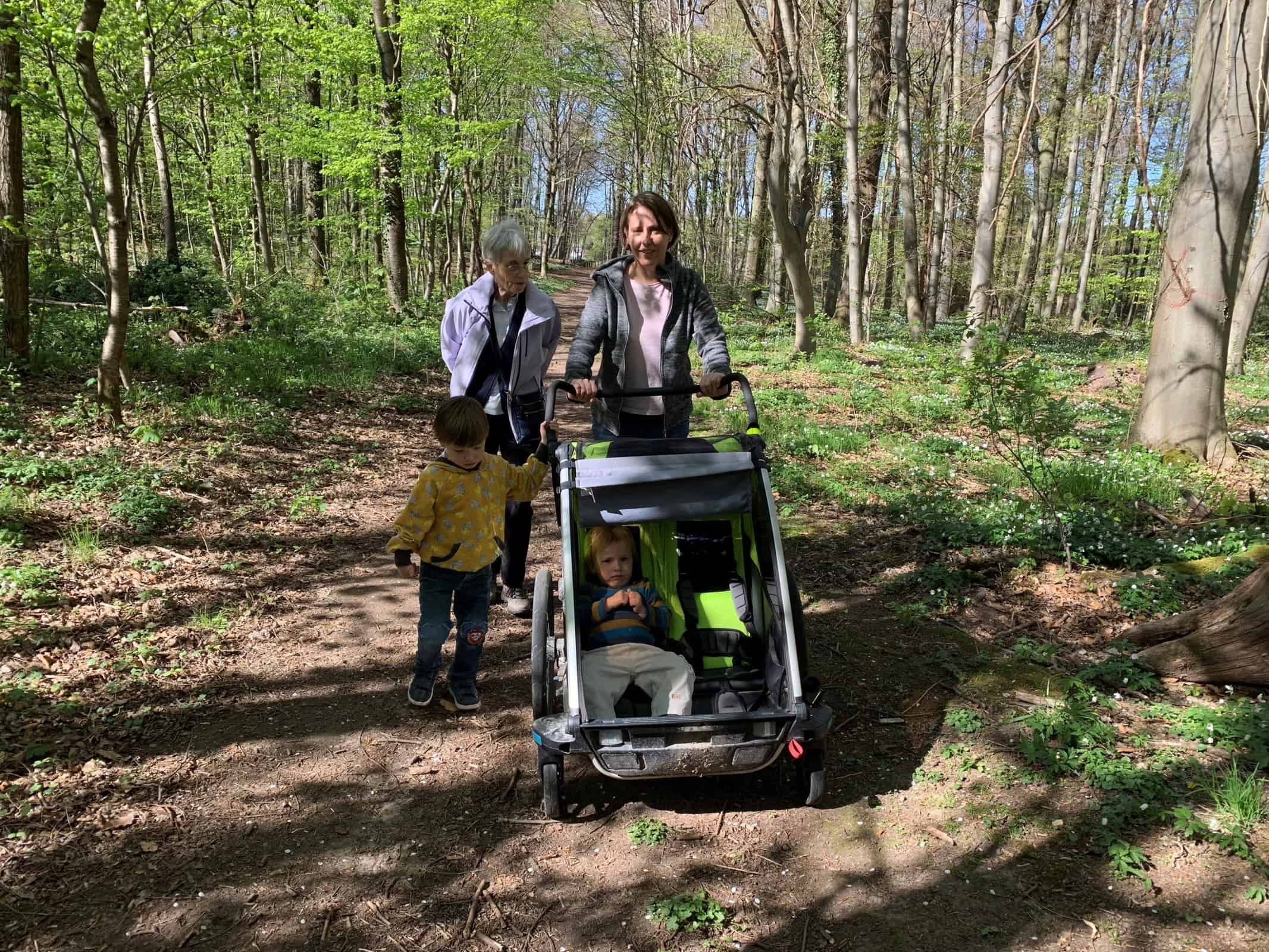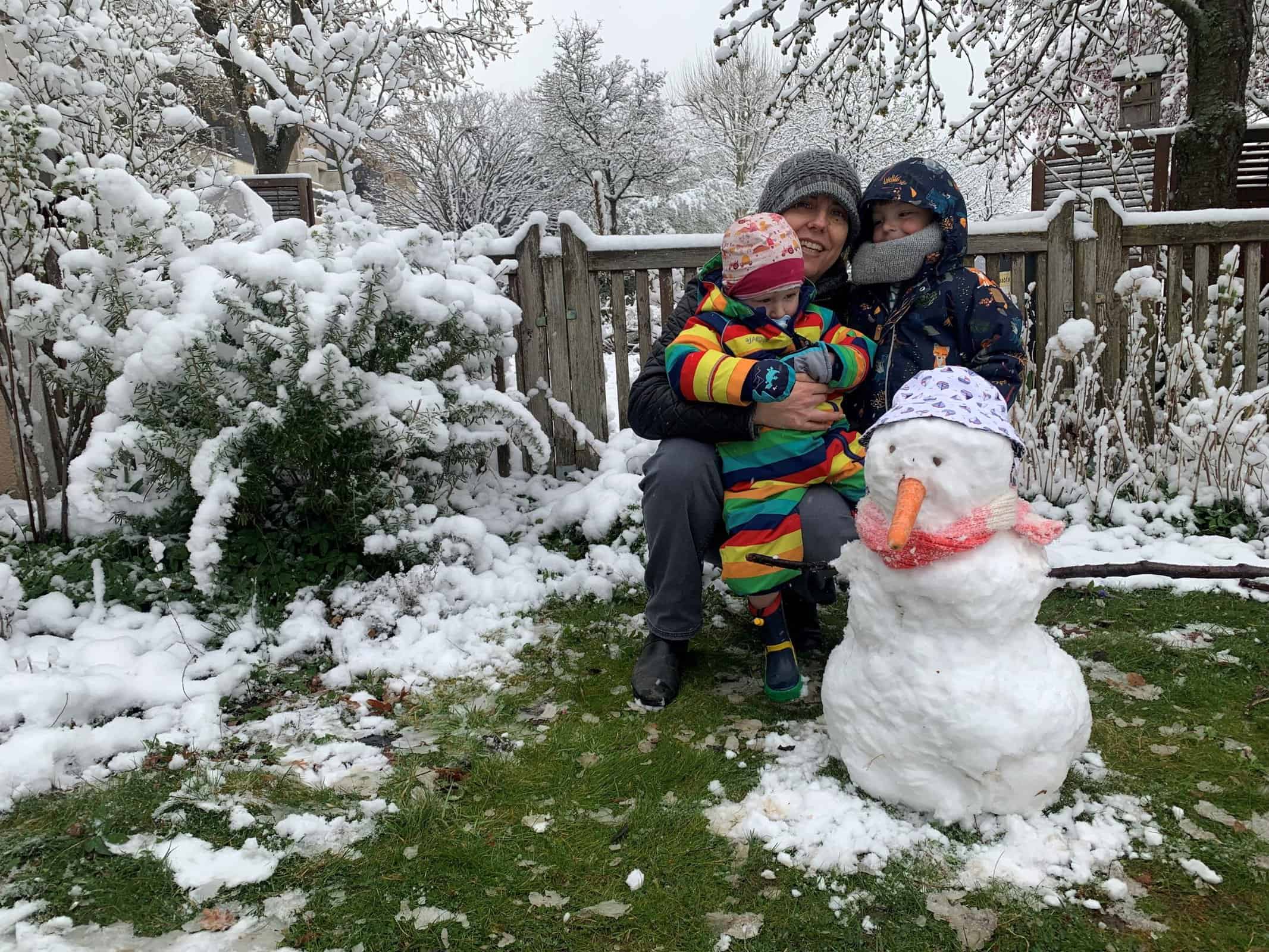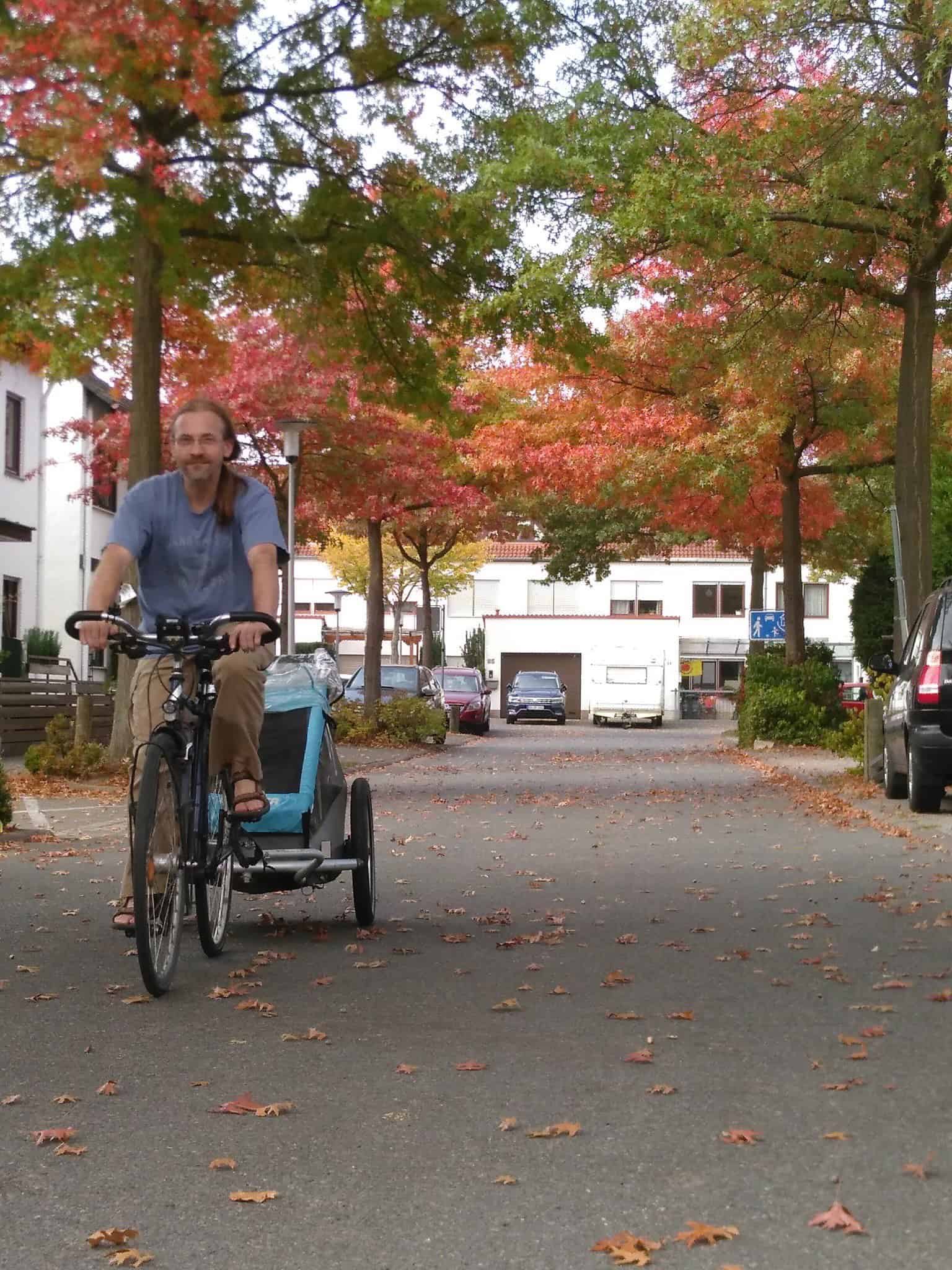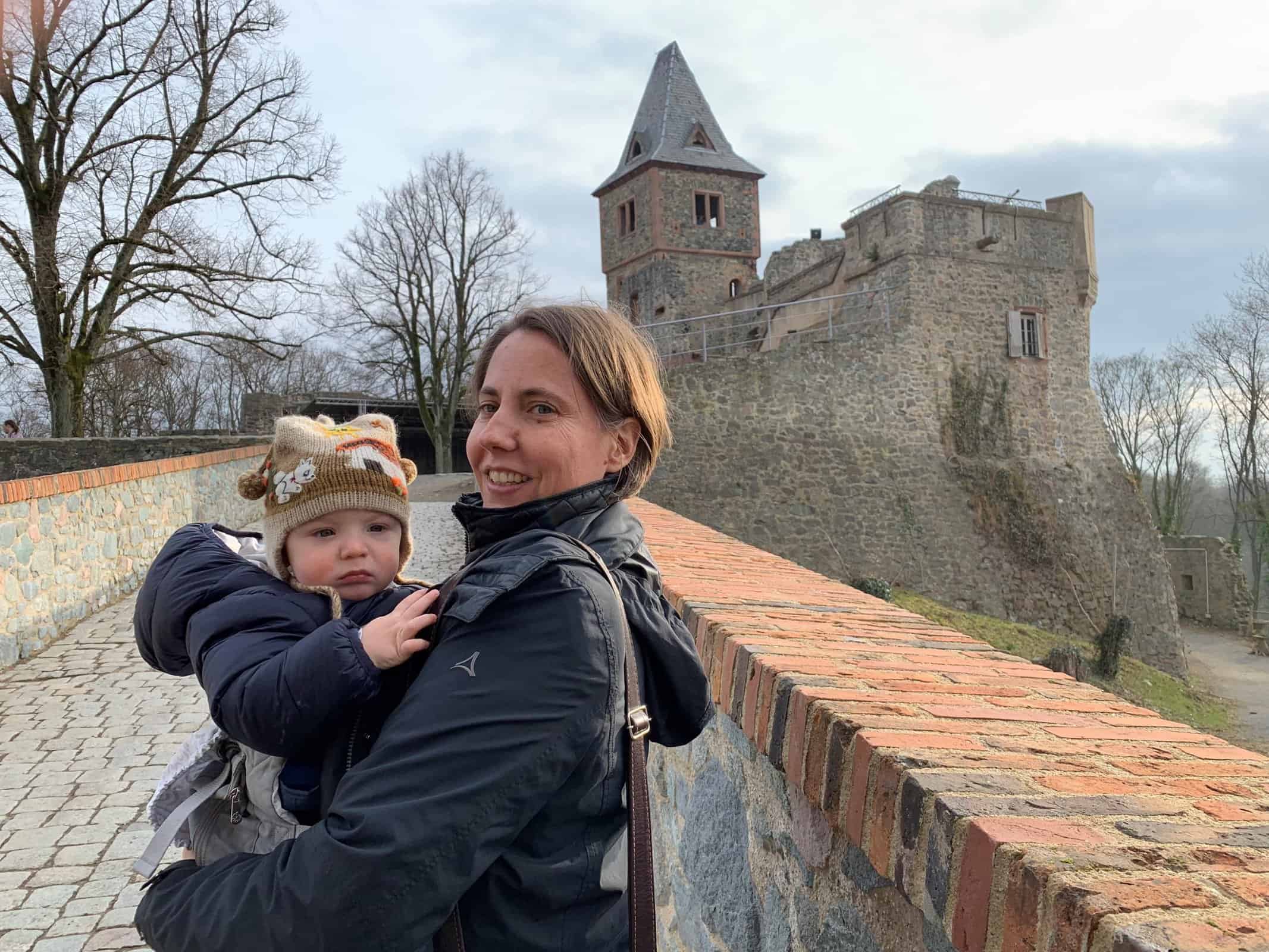Out and about is a column where we chat with people who currently live abroad, or who used to live and work there and have returned to South Africa. We want to hear from anybody who would like to share their experiences with us. This week we chat to Marli Strydom, who lives in Darmstadt, Germany.
Where in South Africa are you from and why did you decide to live abroad?
My parents had to move around a lot and therefore I lived in various places in South Africa. The most influential times were during my high school years in East London and I still have a soft spot for the city. I spent my student years in Stellenbosch and to this day I still regard it as the best years of my life.
You have been living abroad for 19 years – first in Canada and now in Germany. Tell us about your experience of the emigration process. Was it a huge adjustment?
What attracted me to Canada at that stage was the fact that it was the country where women had the most equality. As a girl who studied engineering I always felt like somewhat of an outsider – as if my dreams did not correspond to that of other young women. It was therefore a great adventure to see what it feels like not to be the minority.
When you are overseas you tend to realise that people all over the world are basically the same. People may look or talk differently, but deep down everyone has the same needs and dreams. Yes, the women in Canada had more opportunities than the women in South Africa – but once you started digging deeper you would realise they wanted the same things that South African women wanted. It was a good lesson to learn.
In the end I found Canada to be too far from my family in South Africa. The time difference made it especially difficult to keep in contact with everyone in South Africa. When I got the opportunity to move to Canada, I grabbed it with both hands. My three years in Canada (Vancouver) was more like a holiday – only after moving to Germany did the true meaning of what it means to emigrate really sink in.
Fortunately, I love languages and it was wonderful to learn German – a language that has so much in common with my beloved mother tongue. Leaving your country is one of the worst things a person can experience. Yes, there are a lot of positive aspects but it comes at a very high price. The only way to do this successfully is if you integrate yourself as much as you possibly can. Learn the language. Learn the language. Learn the language. And then get used to the fact that you will never know the language 100%! You will also learn that nobody will ever be able to understand you fully again – you will no longer fit in 100% when you are in South Africa, but at the same time you will never fit in 100% in your new country. You will however get used to it and you will start enjoying the things that the Germans enjoy – like eating asparagus and ham!
Tell us more about your job. What does a typical day look like? Is life more peaceful and do you have more time to relax/travel?
I’ve been here for such a long time that I find it difficult to compare it with working in South Africa. I can however tell you that my days are quite different post-Covid than what it used to be like before Covid. At this stage I work from home. My husband I had to plan our day meticulously in order to pick the children up from school and ensuring enough time to work. There is not much time to relax, because we don’t have domestic workers or garden services here. You have to do everything yourself and it takes time.
Travelling is a lot more simple, of course, and I have had the most wonderful opportunities to see places such as Israel, Turkey, Spain and Italy. It is very nice that you can decide almost spontaneously to visit interesting places without it costing you a fortune. If you see jewellery that is more than 5 000 years old, or buildings that were built in the time before Christ was born, it stays with you for the rest of your life, and you realise how insignificant we all are.
There are a lot of South Africans in Germany. Do you get together from time to time?
The South Africans are scattered far and wide, and we do not have that many get-togethers. I am in the lucky position that there are a few South Africans that joined the company I work for during the last few years. Therefore I see more Afrikaans speaking people every day – it is very nice. It is as though there has been an explosion of South Africans in Germany the past five years, after not having a single one living near me for the first ten years.
Was it difficult to adapt or did you find it easy to make new friends and find your place in the community?
It is always difficult to make friends in a new place, and unless you have something in common it will be difficult. Fortunately, I made a few good friends, although many of them are emigrants from other countries. My husband is German, which helps me to fit in. The Germans are different from us, but if you search a little bit, you will find Germans who will appreciate you for who you are. Getting to know the language and culture is by far the best thing you can do.
Adapting to a new country can be challenging, what was the strangest thing for you to get used to?
I am still struggling to accept how many rules there are for everything. For instance, it is regulated how many times per week you are allowed to braai, and some plants may only be cut in February. I will never forget how shocked I was to find out that people had to attend a certain number of hours of classes before becoming part of the church, after which you then receive large amounts of cash to celebrate. Afterwards the youngsters calculated how much money they had made per hour for becoming a member of the church. I found that very strange.
How is their way of life and cost of living different from South Africa’s?
Germans are proud of the fact that they do everything themselves. They do their own cleaning and gardening, they cook healthy food every day and they also work very hard. This means you don’t have a lot of time for anything else except what needs to be done on a daily basis. The shops are closed on Sunday, so everyone runs around on Saturdays to get everything done. They are very aware of climate change, so you have to ride to work on your bike if you can, or take the train or bus. Our main mode of transport is an electrical bicycle and it has to be the best thing that anyone has ever invented!
What do you miss the most about South Africa?
The sea and relaxing visits with my family.
Do you still speak Afrikaans?
Oh yes! Every day of my life! My two German children are quite fluent in Afrikaans and they enjoy their visits to family in South Africa immensely.
Is it different to do shopping in Germany compared to South Africa?
Haha. There is nobody here to pack your groceries, and nobody who will patiently wait for you while you are doing it yourself. Every time I get to the cashier it feels as if I have to find the courage to take part in a race … as soon as the first item is scanned it is a race against time to get everything packed in bags before the next item is scanned. And although I’ve been practising this for quite some time, they still seem to win every single time. This is usually followed by an impatient stare. I’ve found the best way is to just put everything back into the trolley and to pack it in the bags when I get back to the car.
Are there any South African businesses (shops, restaurants, services) close to you that you like to support?
Unfortunately not. I do however support a lady in Holland who bakes delicious rusks, she probably supplies most of Europe with muesli rusks.
What interesting things did you discover about Germany, that you weren’t aware of beforehand?
I found it surprising that the shops were closed on Sundays in an industrial country such as Germany. It was also wonderful to find out that you could take a year parenting leave after the birth of your child, and that the government pays you to stay at home and look after your own child. The Germans have an odd love for homeopathy that I haven’t experienced anywhere else, and they are scared of leaving their windows open, as they believe a draft through your home will cause you to become ill.
Is there anything else you want to share with us?
I would advise anyone considering leaving their country of birth to do plenty of research before making the decision. You need to think carefully about what you are expecting to find in your new country – emigrating is probably one of the most difficult projects you will ever undertake. The price is high. But if you decide to do it, do it wholeheartedly.
ALSO READ: Out and about: E-mail from London
Write to us
Do you live abroad, or have you recently returned from abroad? Then you too can write us an Out and about column. Send an e-mail to wereldwyd@afriforum.co.za and we will send you questions to answer.



